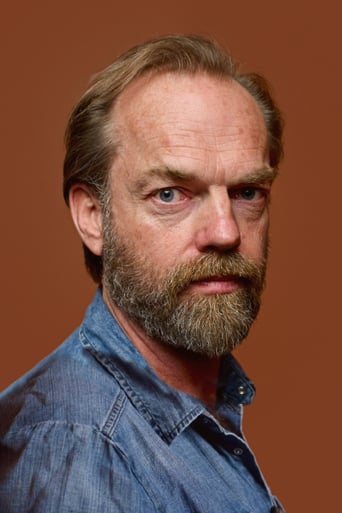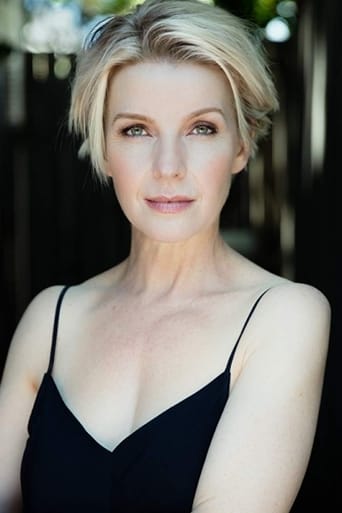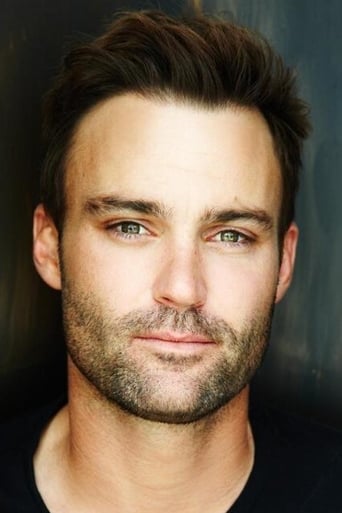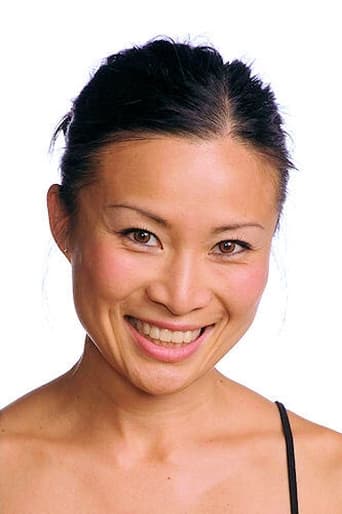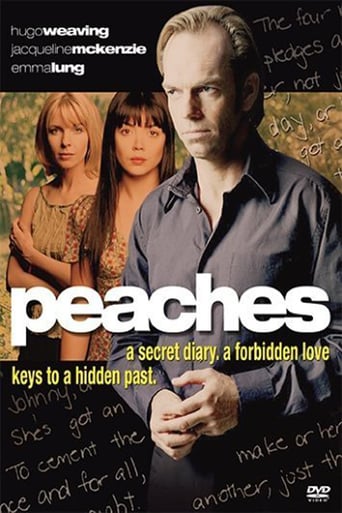
This is the story of teenage girl Steph, who is brought up by her fiery aunt Jude after her pregnant mother Jass and Vietnamese father are killed in a car crash. The arrival of her late mother's diary reveals the colorful, sexy secrets of Jude and the foreman Alan that allow Steph to reinvent her vision of the world.
Similar titles
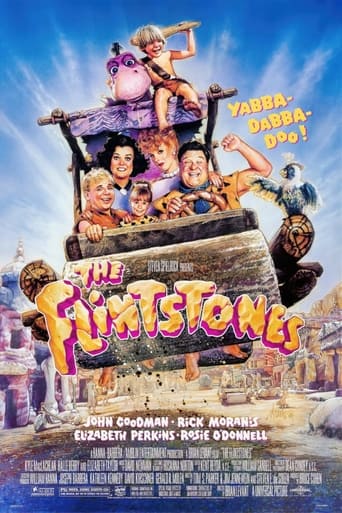
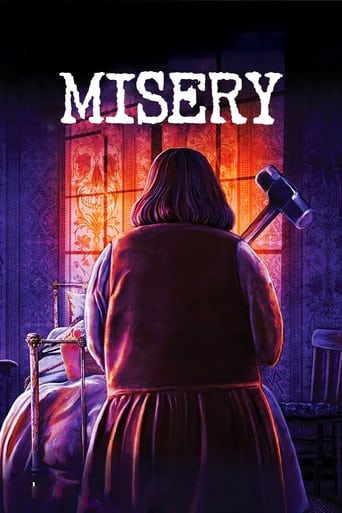
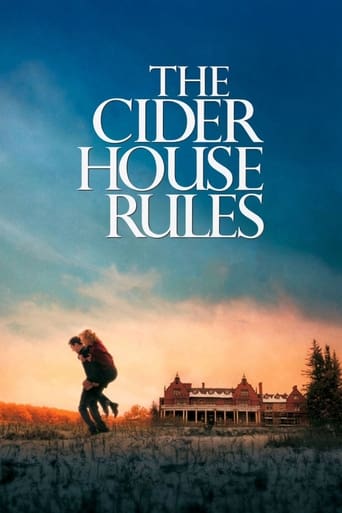
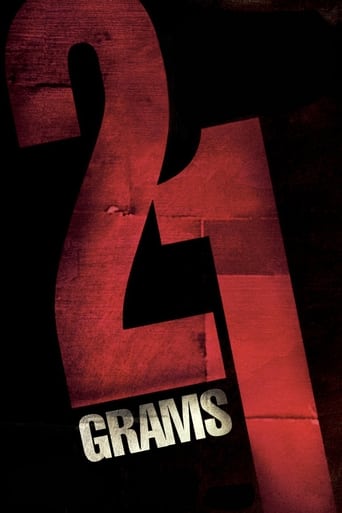
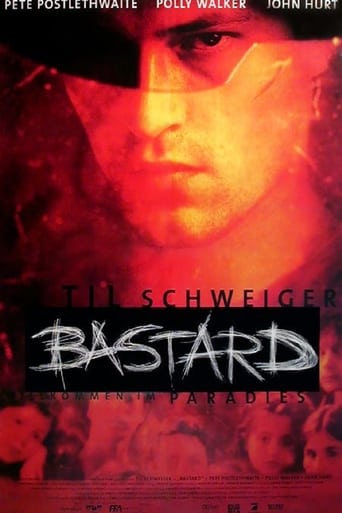
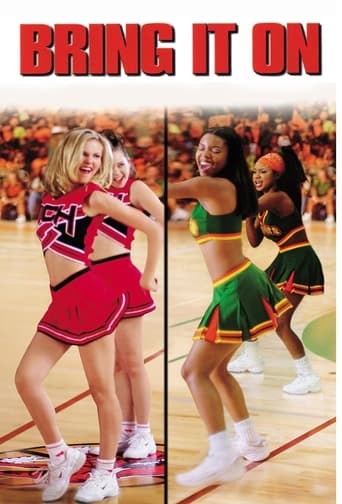
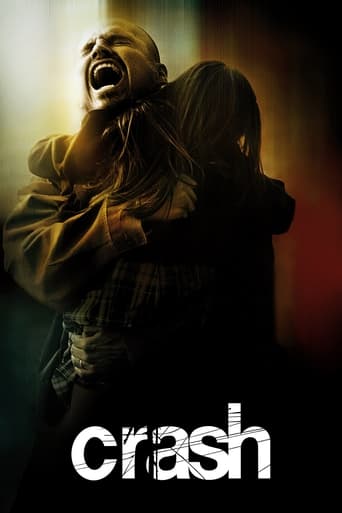
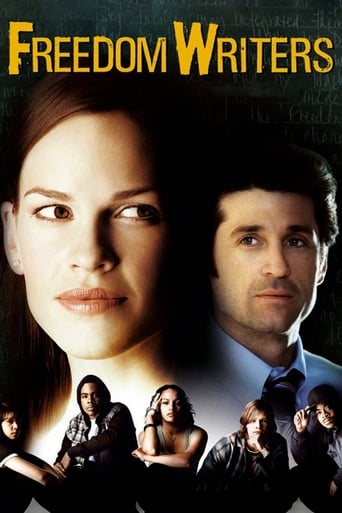
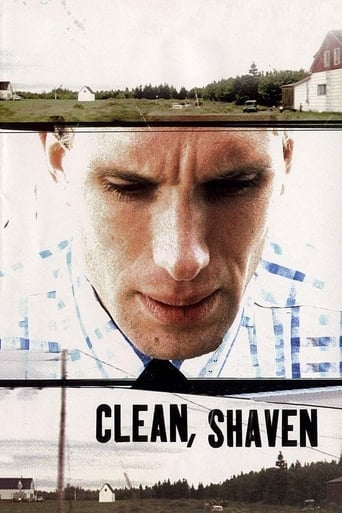
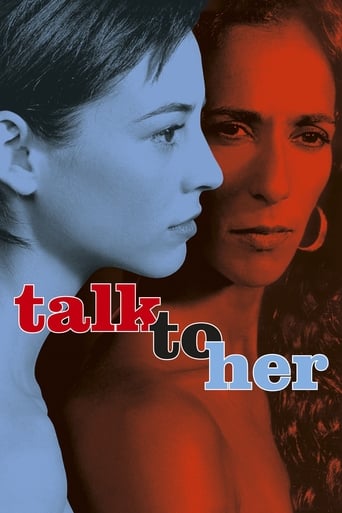
Reviews
This movie was so-so. It had it's moments, but wasn't the greatest.
The film creates a perfect balance between action and depth of basic needs, in the midst of an infertile atmosphere.
It’s not bad or unwatchable but despite the amplitude of the spectacle, the end result is underwhelming.
There are moments that feel comical, some horrific, and some downright inspiring but the tonal shifts hardly matter as the end results come to a film that's perfect for this time.
I wonder what people will make of Peaches, the Australian Craig Monahan film, in the far future? Will they look back at it as an accurate capturing of times gone by as the naivety and bullish nature of youth back in the day played out in a lonely and frustratingly bland Australian town? Only time will tell but what's quite interesting, is the look at times gone by that are focused on within this very film; a series of flashbacks to the 1980s in which thirty something adults are carefree and relaxed in their lives but still crave something a little more. The film is of the ordinary sort; not especially exciting but trying desperately hard to study something: dreams, ambitions, loss and relationships with those 'higher' than you in the home and work-place. Sure, it carries that tetchy little independent 'feel' these films have and it was written by someone called Sue Smith, an individual who seems to have worked a lot in television before attempting this project and there you have Peaches' chief bane: a steady, unspectacular piece that'll look great on TV or as a made for TV piece.I wonder how much of this is based on true events? OK, maybe a car crash in which a pregnant mother is killed but her baby is born and is then raised by someone else is unlikely but the study, I think, carries a certain personal element. It's here that perhaps the author is distinguishing the differences between the carefree attitudes of youth in a younger, more immature aunt Jude (McKenzie) when compared to the elder, more knowledgeable Jude. This transition, of course, occurs when the car carrying Steph's (Lung) parents crashes and kills them and wouldn't you know – Steph grows up to be a young adult herself and begins in similar spirit to what Jude once was. Maybe it is an author recollection; a story about how being young and free-spirited with big dreams is fine, but suffering a nasty event; acknowledging it and then moving on, indeed 'growing up', is the next phase and is just as important as enjoying your younger days.In fact the early focuses of Steph reveal a slightly damaged psychosis. As a character, she keeps baby crayon drawings of her decapitated mother on her bedroom wall; cannot read too well; is a complete social misfit and lies to her aunt Jude in an unflinching and very thorough manner, when talking about how she got home one night. But the film is about Steph's maturity, put across via several flashbacks that are born out of the reading of Steph's mother's old diary that she kept up until that fateful night. What's key here is perspective. Aunt Jude can talk all she wants about how big and in charge she is, but Steph's first hand recounting of her aunt is played out through the filter that is her own mother's notes, observations and musings on all things around her – including Jude herself.I think the film was aiming for most any of the flashbacks to act as some sort of tragic reminder of small town life, perhaps globally, perhaps purely in Australia. There is a lot of talk of moving away, indeed Jude has dreams of going to Queensland in which the chief lure seems to be nude beaches. But it's all academic because the present day equilibrium puts pay to most of the opportunists banter and acts as a reasonably sad reminder of what's to come. Tied in amidst all of this coming-of-age stuff and the deconstructing of parental figures is the look at redundancy. Hugo Weaving, proving he hasn't forgotten his roots what with him already breaking Hollywood when this was made, acts as a foreman at a local canning factory for a product that is the film's title: Peaches.The fact this is evident could very well mean what the visualisation of the product actually is: the failing to pack and produce, the halting of the assembly line. The Peaches of the title could be seen as a metaphor for the lives of these people in the small town. The fact that the wrapping up or protection of said items is to cease as jobs and the world around them dries up forces a more vulnerable nature to the items in question. This is played off of the fact Steph's reading of her mother's diary helps dispel any aura her aunt may carry as she learns more and more of a relationship she undertook with Weaving's cannery foreman, named Alan. This might prevent Jude from being as imposing as she once was and thus; the protection and influence to 'mature' as soon as possible, without any tragic car crash event seemingly imminent, is somewhat lost. It is an allegory running parallel with the fragile and innocent item that is the peach loosing its protective casing in the form of a can as human influence slips away.Peaches is slow and concentrated but there's enough going on to recommend it. A re-occurring question is something along the lines of "what does the diary say?" in terms of characters voicing concerns and it's poignant that it is, as it's a chief ingredient to the film's study. Someone's diary and a load of peaches: how many others film can lay claim that these two types of items are the nucleus of the film's study of small town Australian life? Not many, but Sue Smith and Craig Monahan can claim their film is.
I sat through an hour and half of sheer cinematic enjoyment yesterday afternoon as my wife and I watched the unfolding drama of people as they pass through the vicissitudes of life. Smith's writing painted a perfect tableau for a wonderful display of acting skills from all of the actors with special mention going to Emma Lung for her skillful portrayal of the principle character as that young woman traverses the minefield we call early adulthood. In my opinion, there is drama enough in life's path-it is not necessary to repeat the silliness of Hollywood by exploding the screen with car crashes and blood spattered body bags in order to tell a film story. One need only remember the beauty of the French film "Etre et Avoir" to see the extraordinary beauty of the simplest of human dramas.I loved the softly, softly approach that Monahan pulled from his three leads-Weaving, McKenzie and Lung. The beauty of their acting, blended with the landscape into which the story was set left this viewer totally enchanted. If we can continue to make films of this caliber our industry, although temporarily passing through the doldrums, will emerge stronger and more vibrant. I anticipate watching every film our local cinemas screen.I am writing this on August 16, '08 after again being entranced by this wonderful film on television last night. If anything, I was even more impressed with Peaches than I had been four years earlier when Diane and I first viewed it.Growing up as I did in a small town not dissimilar to the location of the movie, I have huge empathy for people in small towns and the trap they must feel because of their situation: that situation the result of too early pregnancy; failure to pursue education beyond the town; fear of the unknown; lack of imagination or misplaced loyalty to loved ones (who in most instances would rather see their kids fly and lead their own lives.) The extraordinary beauty of Peaches was its ability to examine this issue of "leaving or staying" in such a gentle, dare I say loving sort of way.A brilliant film to be sought out and treasured; a classic!
The Australian film industry is reputed to be in a mess, and this film gives a hint of why that might be. Set and filmed in the South Australian Riverland area, famous for its grapes and stonefruit, it attracted funding from the SA and Australian film commissions and the scenery is lovely. But you don't get much for $A5.5 million in movie production these days and despite some nice cinematography the production values are pretty modest FAQ TV movie level. Most of the money probably went on food for the shoot. Hugo Weaving is in it (he must owe director Craig Monaghan a favour after the brilliant "Interview") and there is other fine acting from Jacqueline McKenzie and (especially) Emma Lung as Steph. Yet somehow it doesn't make it.Is it the script? This is by Sue Smith who has written many absorbing hours of TV drama ("Carson's Law", "Brides of Christ", "Bordertown"), and while her dialogue is a bit posh for a bunch of peach cannery workers it is at least coherent.Is it the plot? It is indeed a bit over-ripe. We have the melodramatic circumstances of Steph's birth, the love to hate relationship between her aunt and the cannery foreman, Steph's taking up with the said foreman and his brother, not to mention the brother's criminal record, and an arson attempt. But in the end nothing truly out of the ordinary occurs.Is it the theme? Life in rural Australia has never been easy and is not getting any easier. Canneries are closing, small towns are dying, and the drought is tightening its grip. The film reflects all that but somehow inadequately reflects the resulting personal malaise. "The Farm" (a mere TV movie) and "Three Dollars" did a much better job of combining the character's personal dilemmas with a more general view of their circumstances.As to the acting, there is little to complain about. Hugo is a very fine actor and both he and Jacqueline get away with being 20-year-olds in the flashback scenes. I'm not sure the part was a huge challenge to his resources but he handles the love scenes with Emma very well - his alleged ugliness (I like to think of him as lugubriously handsome) is only an issue for those who do not realise that attractive young girls can and do fall in love with ugly old men (remember Rasputin, and heck, Hugo was only 42 at the time of filming).Jacqueline McKenzie provides an interesting contrast between the party-loving girl of the flashbacks with the present-day overprotective aunt who uses Steph's mobile phone as an electronic leash. Emma Lung shows some real talent as the pretty, confused and dyslectic Steph, Craig Monaghan has put the story together quite artfully and tastefully with some nifty cutting but in some ways the whole is not quite the sum of its parts. The characters are interesting and sympathetic, but a bit dumb, somehow. Maybe that's the Australian condition! PS: warning to Peugeot lovers at least one splendid 504 is destroyed during the movie. a most unusual car for a seasonal fruit picker to be driving in the early 1980s, even if he was Vietnamese.PPS: "FAQ" is a wool classing term it means a fleece of "Fair Average Quality".
In a climate of poorly performing Australian feature films this offering did not prove to be any different.At a writers conference the screenwriter, when asked what the premise of the movie was, couldn't clearly articulate it. She mumbled something about "moving on" and "accepting loss"...say no more. The ideas were great but the script lacked a powerful driving narrative line. There was no clear protag and no "big idea" which feature films seem to require to keep the audience awake for two hours.And as for the casting....if you want to get away with a 40 something man shagging a 16 year old girl then the actor needs to be ATTRACTIVE!! Hugo Weaving??...pulleeeeze!
Top Streaming Movies













